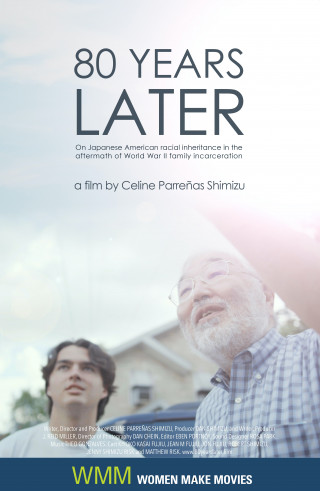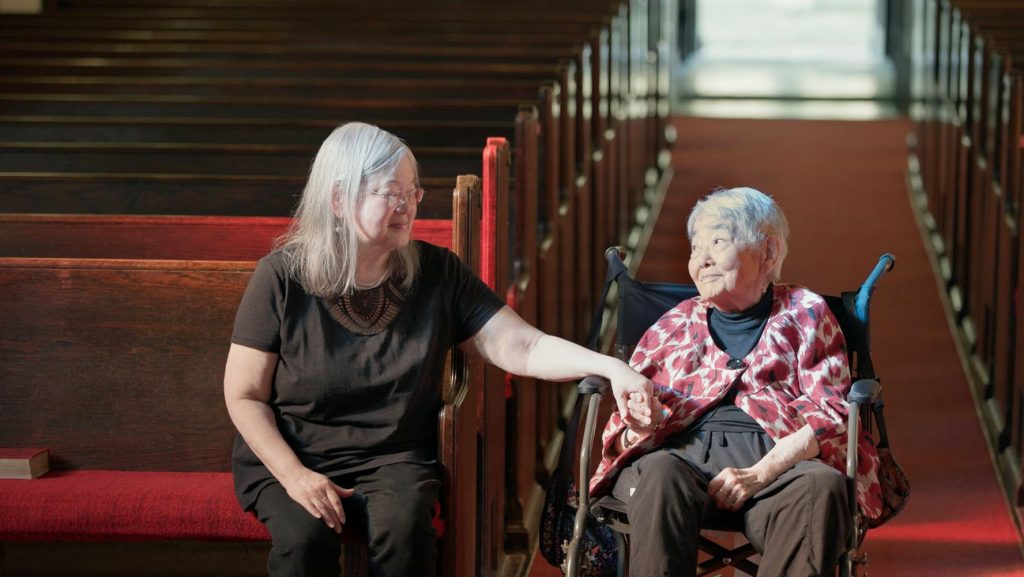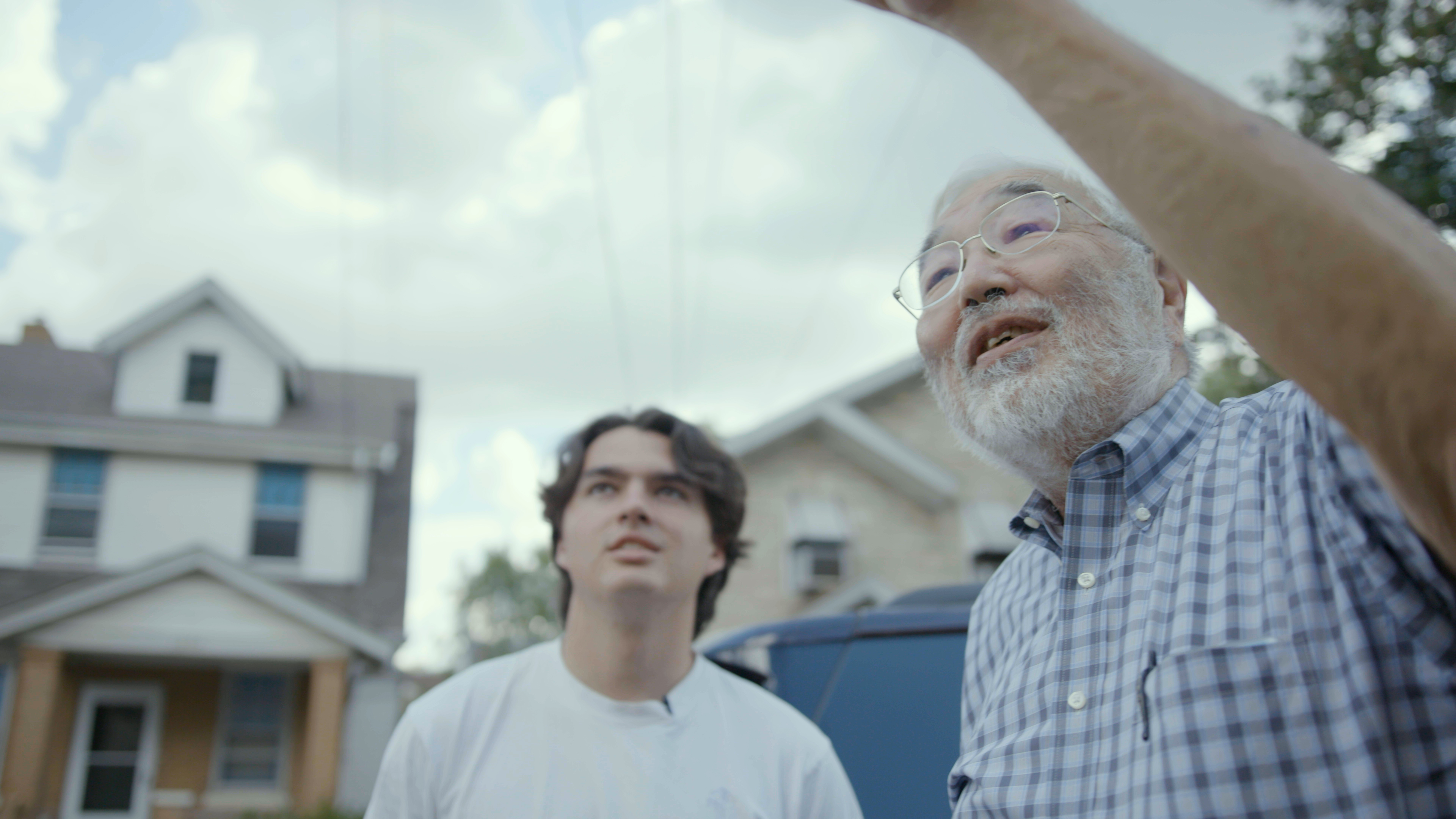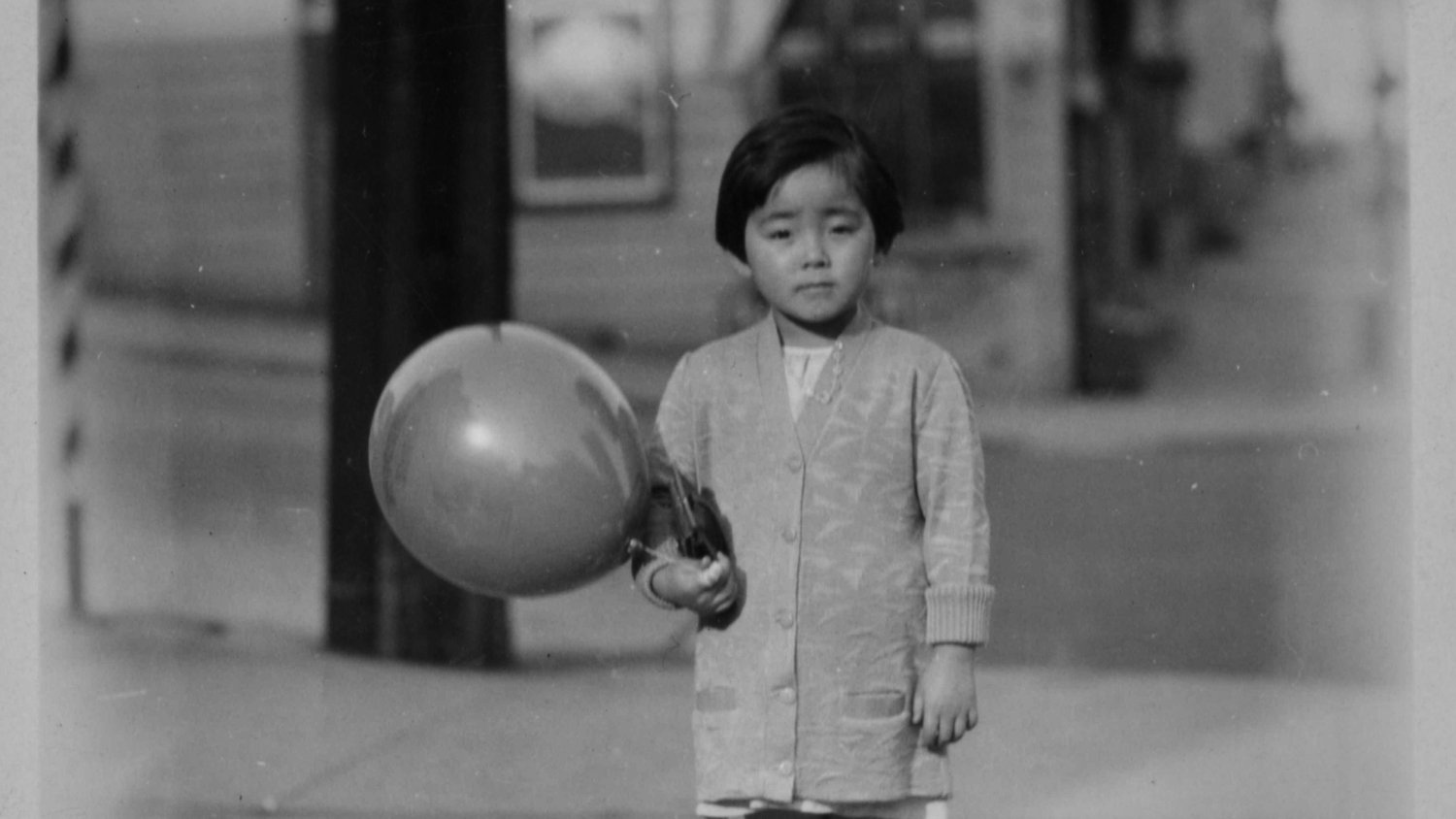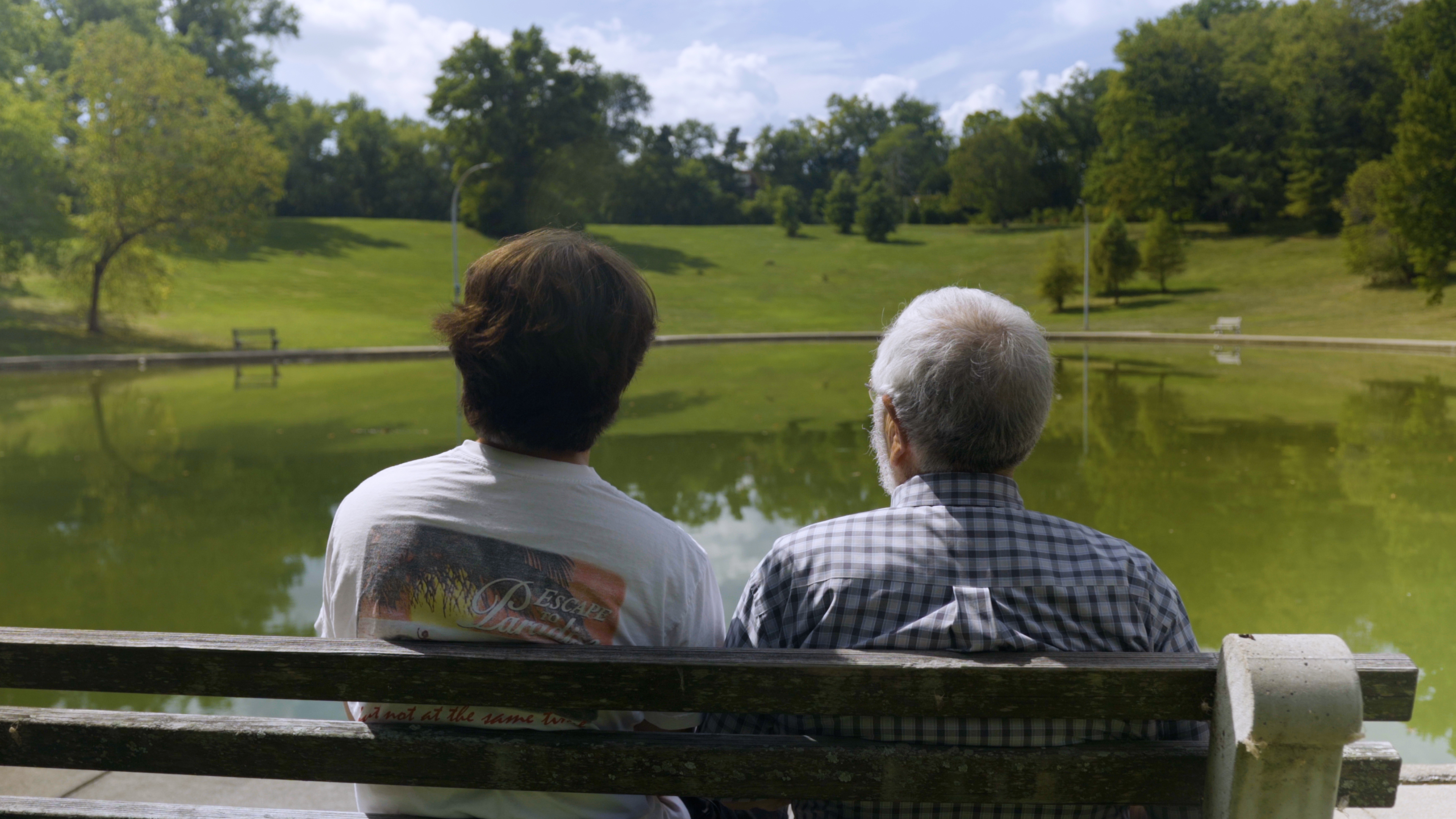80 Years Later
US | 2022 | 50 minutes | Color | DVD | English | Order No. W231304 |
Through multigenerational conversations, 80 Years Later engages with the racial inheritance of Japanese American family incarceration during World War II.
SYNOPSIS
A personal and intimate account situated in a larger historical context, 80 YEARS LATER explores how different generations confront and cope with the ongoing legacy of family imprisonment, the ambiguity of trauma and loss that are an inherent part of their family's journey – and, ultimately, how they find their way to healing. Third generation Sansei Japanese Americans Kiyo and Robert, their fourth generation Yonsei children, and fifth generation Gosei grandchildren all struggle with issues of belonging. On one hand, Kiyo becomes a social justice advocate, and her daughter Jean serves Japanese American community causes just like her mother. On the other hand, Robert, a respected pediatrician in his community, and his daughter Jenny both assimilate through excelling in hegemonic standards of gender and race as quarterback and prom queen in their predominantly all-white schools. The Yonsei generation essentially inherit their parents’ ways of coping with the legacy of racial difference, while the Gosei generation are all mixed-race Japanese Americans who question if they can properly own their heritage and claim their history because of their uncertain racial recognizability. Refusing to turn away from their legacy, they learn not only their history but the wealth of not only their language and traditions and also their legacy of resistance.
This sensitive and intimate film provides a reflective portrait of internment, ultimately focusing its attention on how a family transforms trauma over time through the power of multigenerational connection.
PRESS
"80 Years Later is a life-affirming portrait of tragedy, trauma, and resilience—and love—in a Japanese American family that spans over a century. It offers a complex meditation on our human endeavor to grasp, relate to, and remember the past, as time marches on and the ground shifts beneath us. It’s about how that quest to seize history can be the substance of our most intimate and important relationships."
SCREENING HIGHLIGHTS AND AWARDS
- Boden International Film Festival, Winner, Best Feature Documentary
- New York International Film Awards, Winner, Best Historical Film
- DisOrient Film Festival, WeGeneration Award
- Fisheye Film Festival
- Berlin International Art Film Festival
- Asian Film Festival
- Toronto International Women Film Festival
- Las Vegas International Film & Screenwriting Festival
- Los Angeles Asian Film Awards
- St. Louis International Film Festival
- San Diego Asian Film Festival
- Silicon Valley Asian Pacific FilmFest
- La Femme International Film Festival
- Portland Film Festival
- Catalina Film Festival
- Global Peace Film Festival
- Mixed Asian Media Presents: Mixed Asian Media Fest
- Los Angeles Asian Pacific Film Festival
- NHdocs: the New Haven Documentary Film Festival
- Japan Film Festival
- Catalina Film Festival Screening
- International Documentary Festival Ierapetra
- Pasadena International Film Festival
- Toronto Documentary Feature & Short Film Festival
- Harlem International Film Festival
ABOUT FILMMAKER(S)
Celine Parreñas Shimizu, film scholar and filmmaker, is Dean of the Division of the Arts and Distinguished Professor of Film and Media at the University of California at Santa Cruz. She wrote The Proximity of Other Skins (2020), Straitjacket Sexualities (2012), and The Hypersexuality of Race (2007) and co-edited The Feminist Porn Book (2013) and The Unwatchability of Whiteness (2018). Her new book The Movies of Racial Childhoods: Screening Self-Sovereignty in Asian / America, is forthcoming from Duke University Press. Her latest feature film The Celine Archive (2020) won several festival awards and is distributed by Women Make Movies. She received her Ph.D. in Modern Thought and Literature from Stanford University, her M.F.A. in Film Directing and Production from UCLA School of Theater, Film and Television and her B.A. in Ethnic Studies from UC Berkeley. (07/23)

